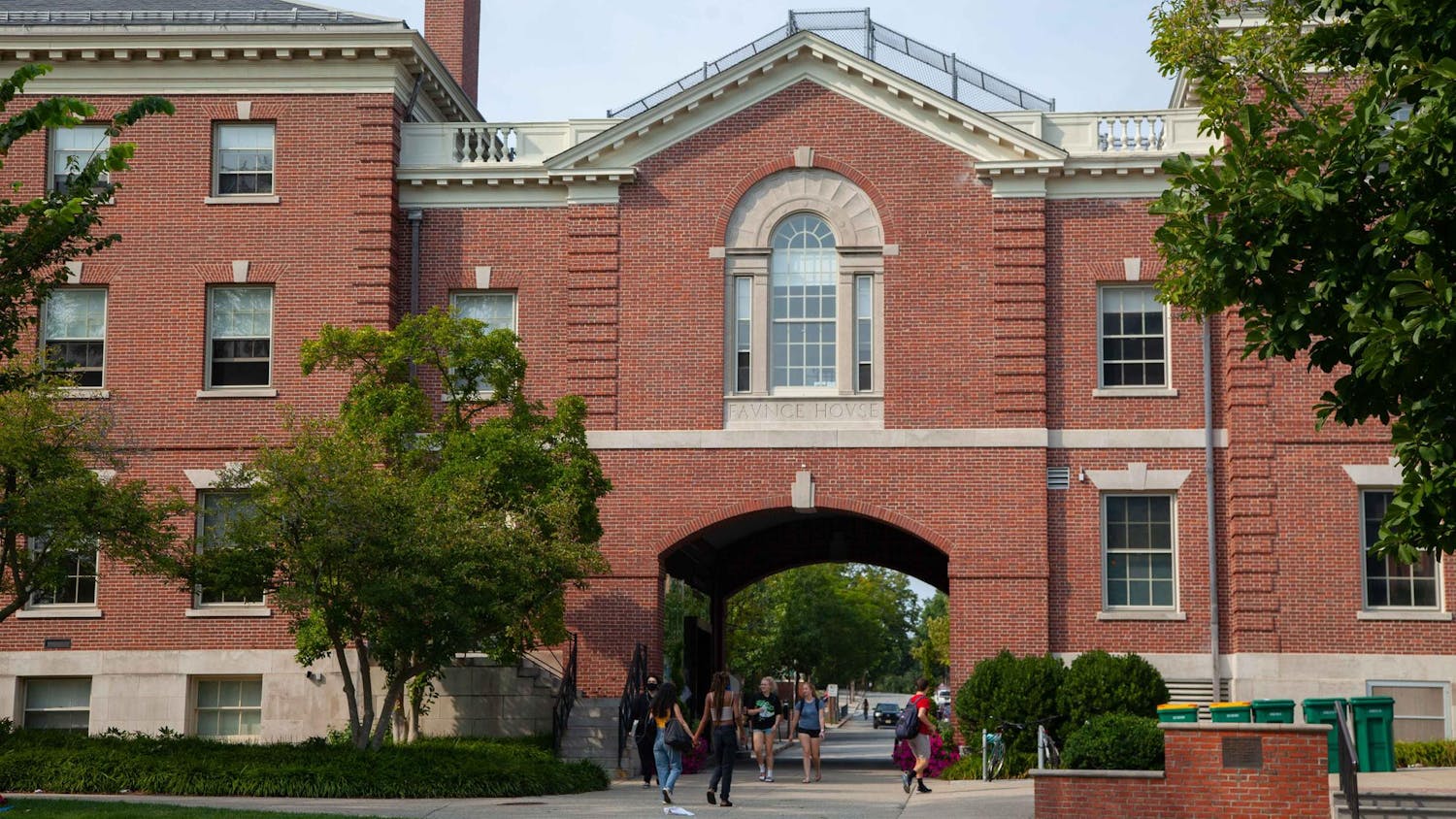Correction appended.
A new Rhode Island law will expand the list of materials the University can recycle by 2013. The law, passed in 2008, will allow for recycling of more types of plastics and everyday items.
The state should expect to see the looser restrictions ahead of schedule — sometime after Earth Day, April 22, 2012 — said Sarah Kite, director of recycling services at Rhode Island Resource Recovery Corporation.
Currently, only 59 percent of items in landfills are eventually recycled. Rhode Island only recycles plastics categorized as 1 and 2, or bottles and jugs. The new law will require the state to recycle plastics labeled 1 through 7, Kite said.
Plastics are categorized based on the polymer and properties of the container. The number is designated by a symbol on the bottom of the plastic.
Under existing restrictions, the University can recycle tin, glass, aluminum and beer cans in yellow mixed-container bins, said Gretchen Gerlach '14, an intern at Facilities Management and coordinator for the student group EcoReps. Other materials like Solo cups, plastic bags and Styrofoam still cannot be recycled under the new law.
Rhode Island law currently does not require the Rhode Island Resource Recovery Corporation to take materials it cannot sell after processing, Kite said. Other states do not restrict recycling based on the ability to reuse the materials, but "if you can't sell a material onto the next user market, whether it is paper, plastic, cardboard or aluminum, then it isn't really recycled," Kite said.
Plastics with numbers other than 1 or 2 cost more to recycle and are unable to be converted into new materials, Gerlach said. Unrecyclable materials are either burnt or disposed of in landfills.
Before implementing the new law, the Rhode Island Resource Recovery Corporation determined the best way to change its sorting process, Kite said. The corporation has been collaborating with the Office of Environmental Management to monitor the market for recycled products and expand the list of recyclables whenever possible. "We needed time to research the best sorting technology and how much it was going to cost," Kite said.
The corporation is now installing new equipment and preparing to accommodate the new laws, she said.
Electronics such as CDs and floppy disks may be recycled in designated areas. Certain bins in the Olney-Margolies Athletic Center accept batteries, and bins in the Brown Bookstore take plastic bags.
Another problem with recycling stems from food contamination. "If anything has more than 5 percent food contamination, it may not be recycled," Gerlach said. For example, pizza boxes with leftover grease may not be recycled, and if contaminated materials taint other previously clean materials in recycling bins, the entire bag cannot be recycled.
Even with the new laws, there will still be some restrictions on recycling. For "some of the bigger, bulky stuff like cables, wires and chains, it's a no right now," Kite said, and "it's going to be a no in the future."
A previous version of this article incorrectly stated that examples of plastics 1-7 such as Solo cups, plastic bags and Styrofoam will be recyclable under the new law. In fact, these are examples of plastics 1-7 that will still be unrecyclable under the new law. The Herald regrets the error.




